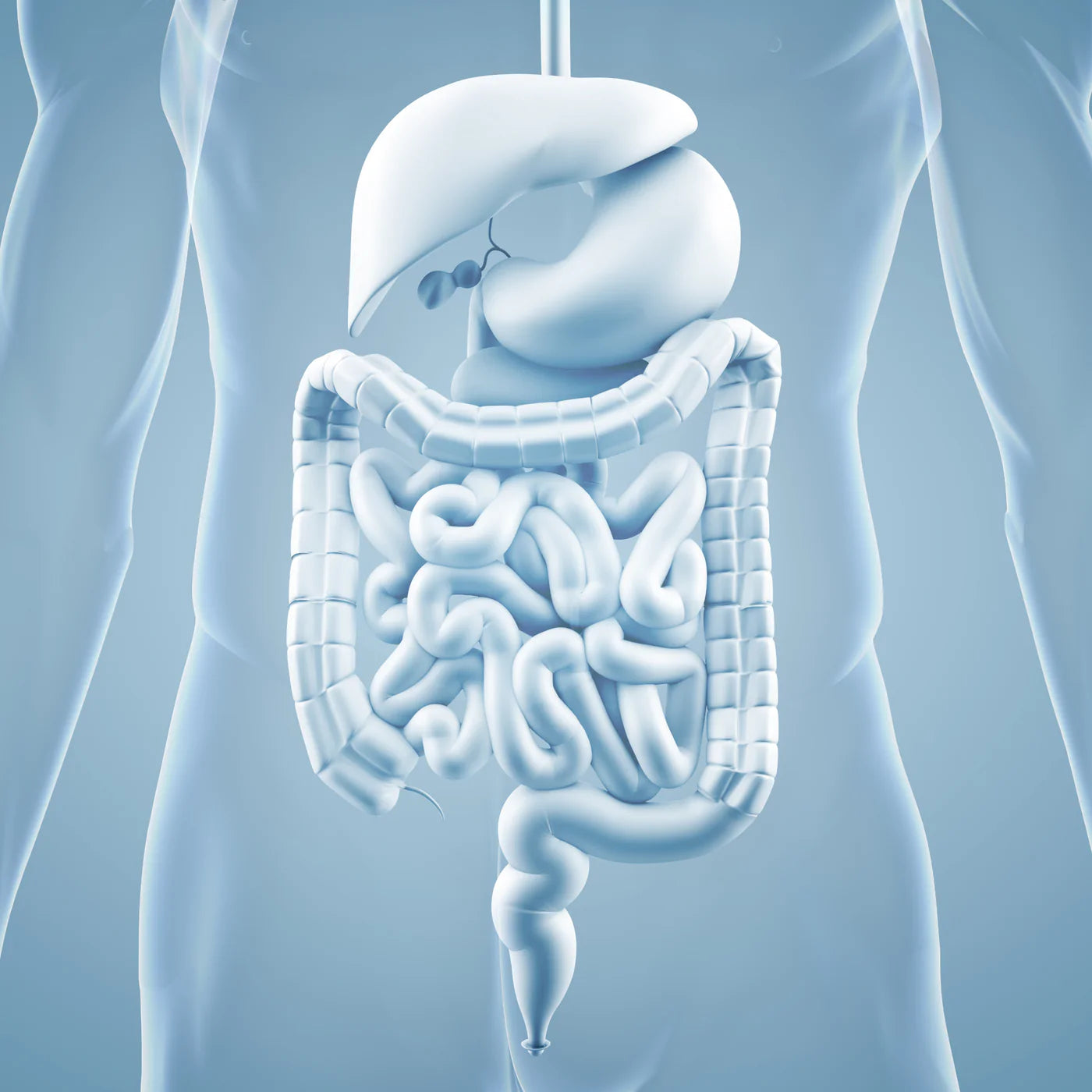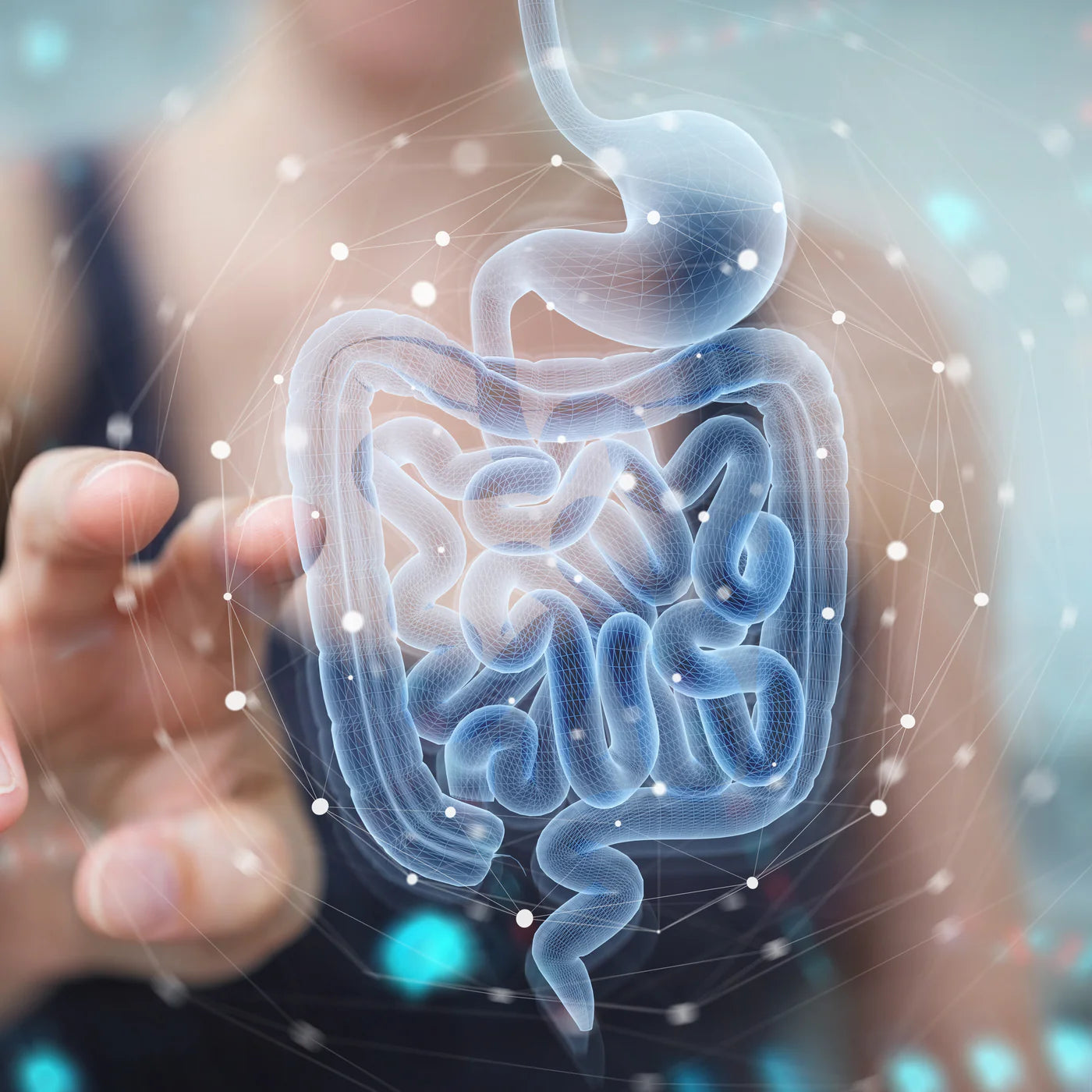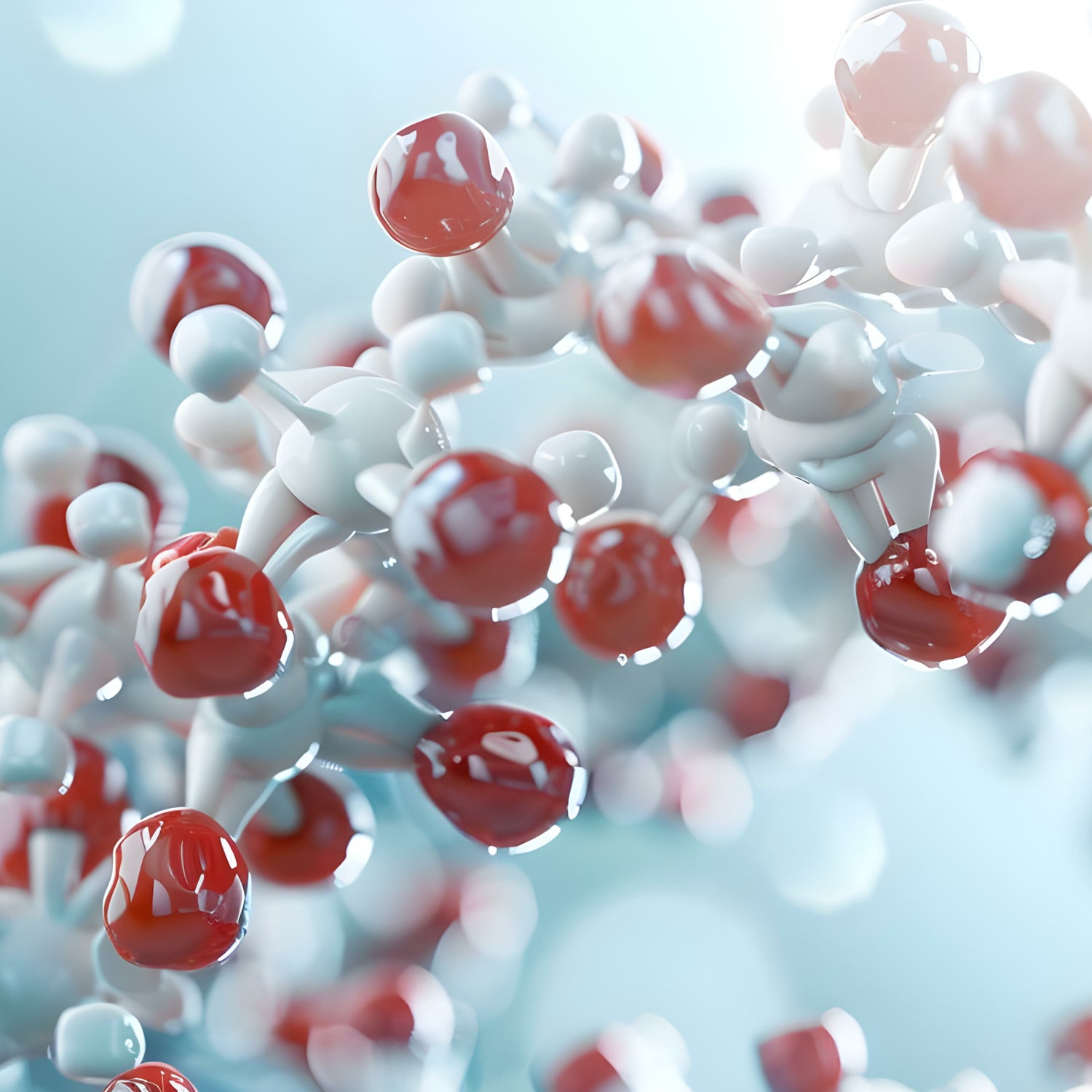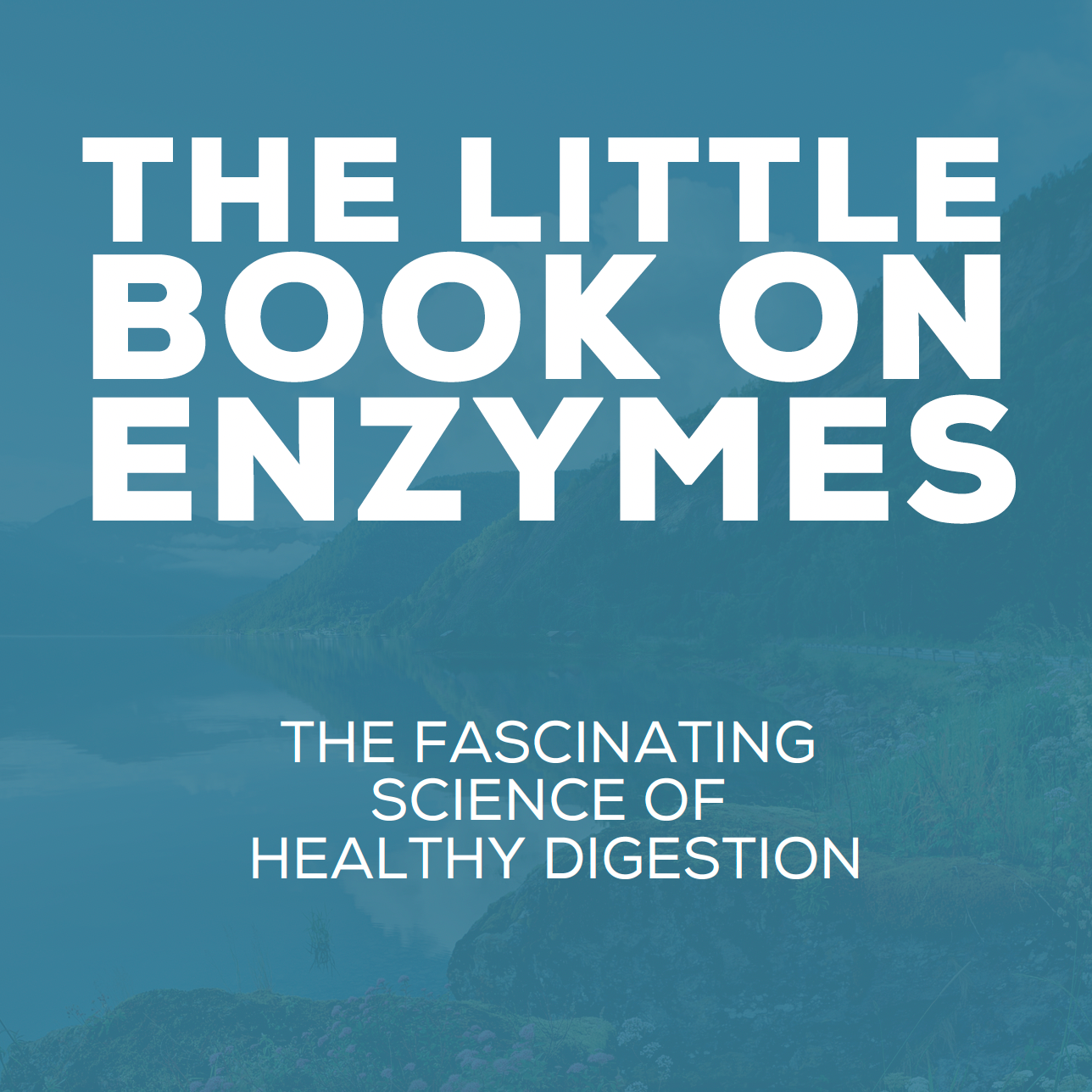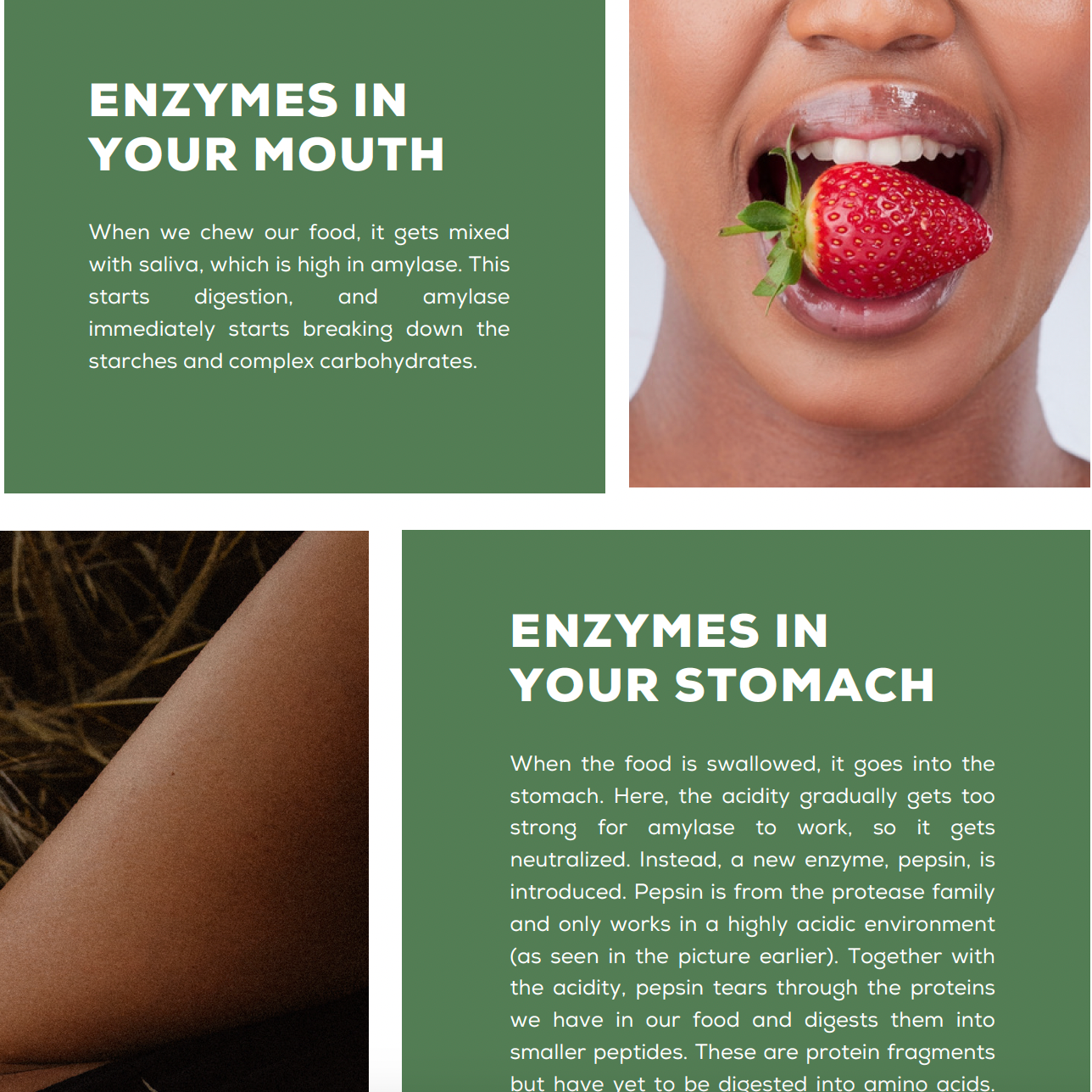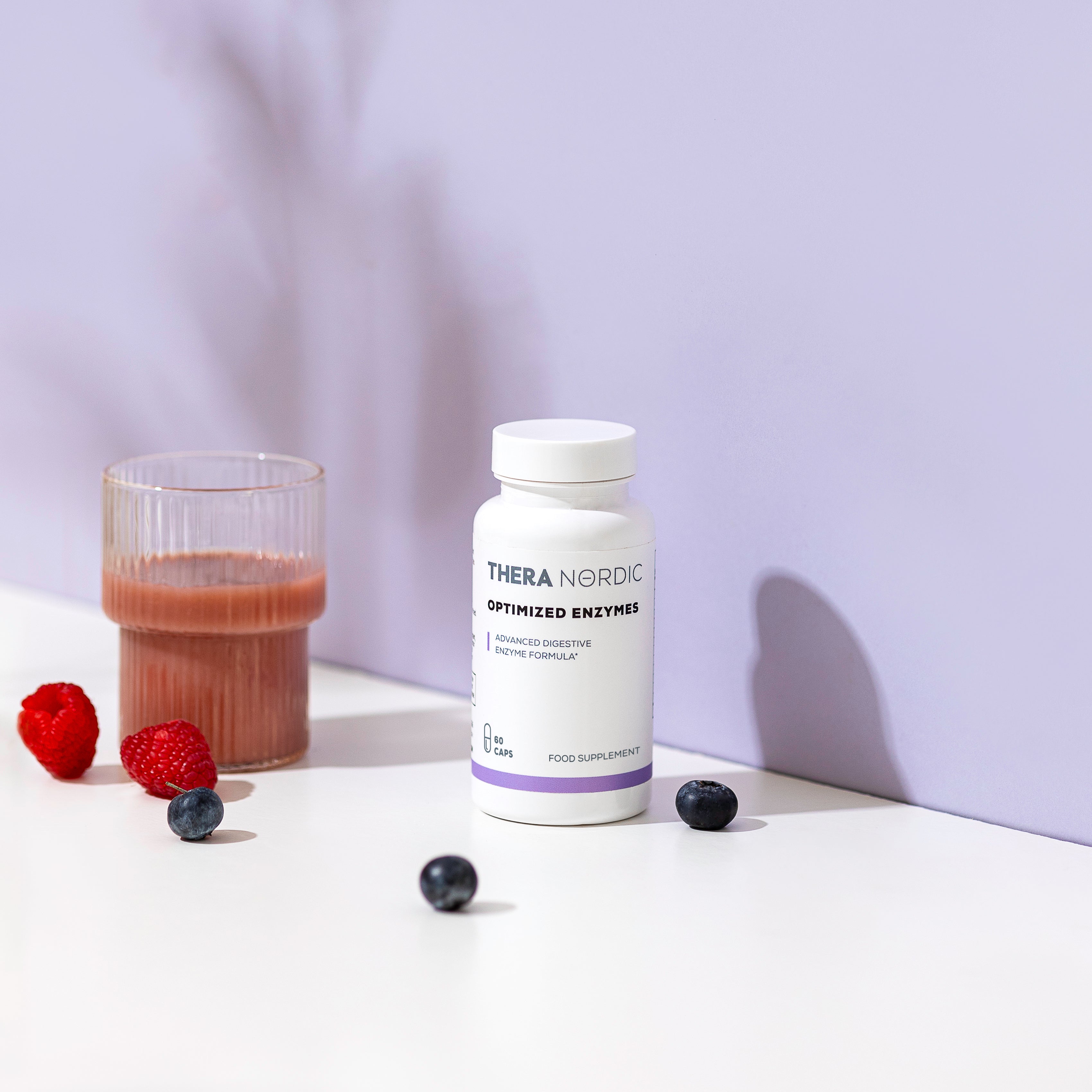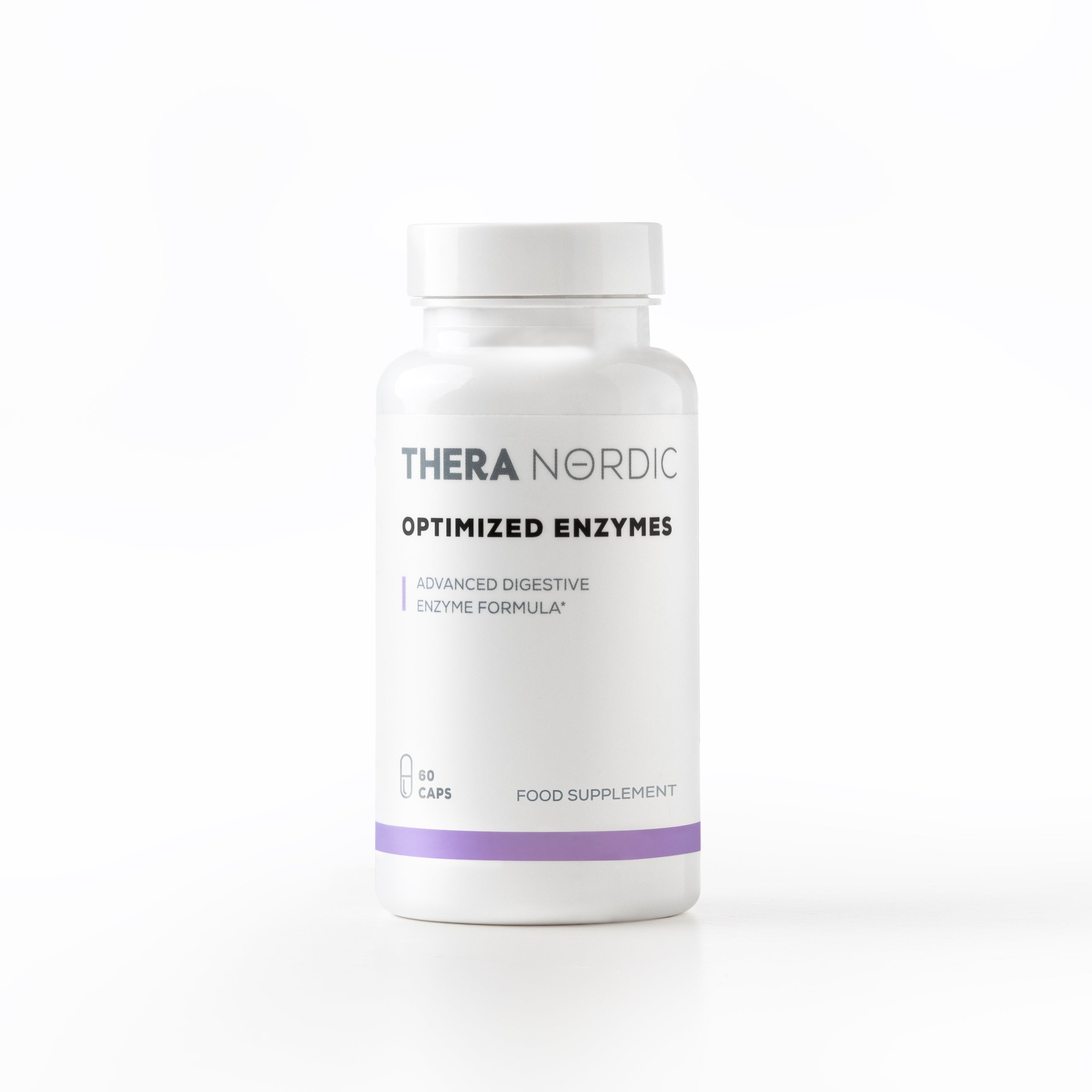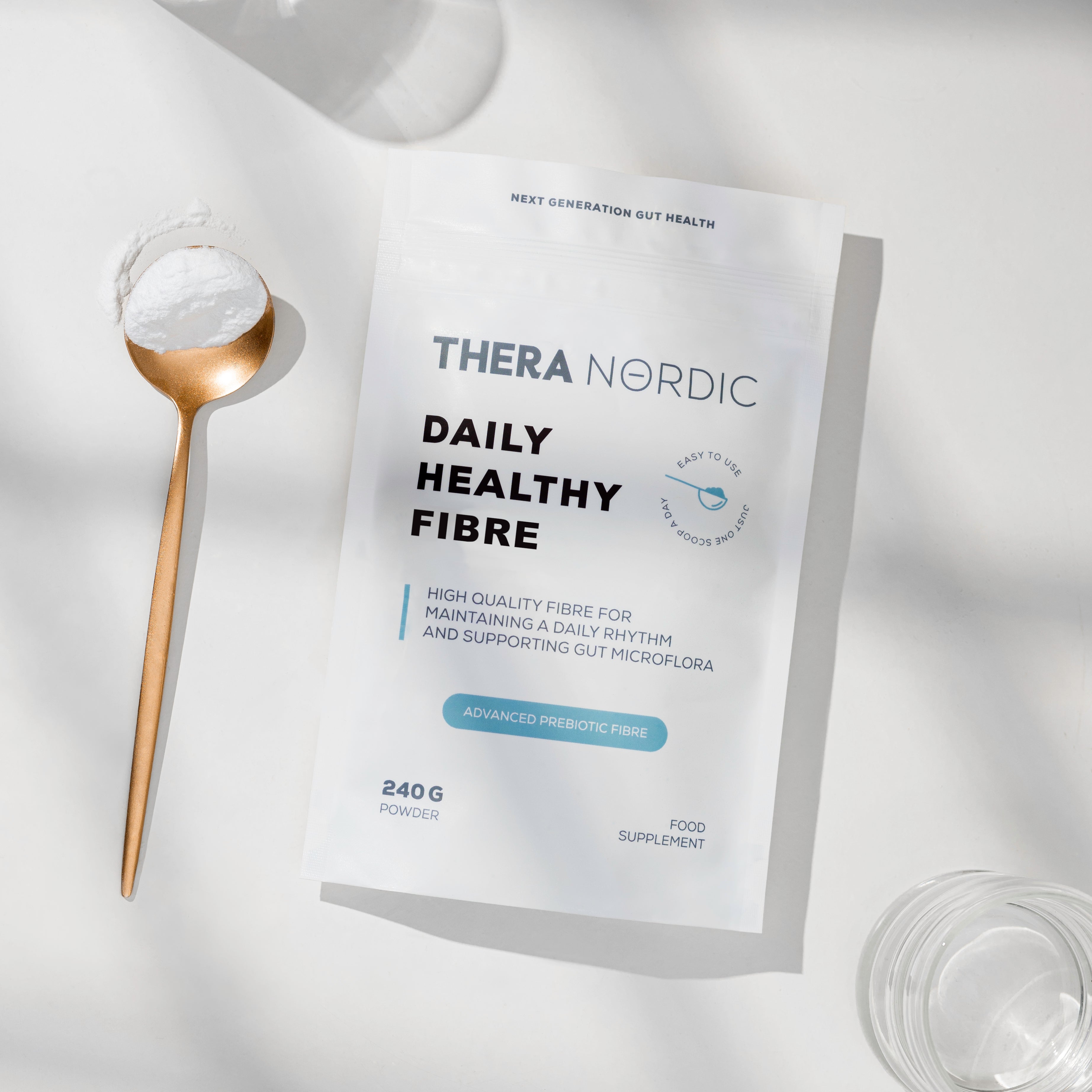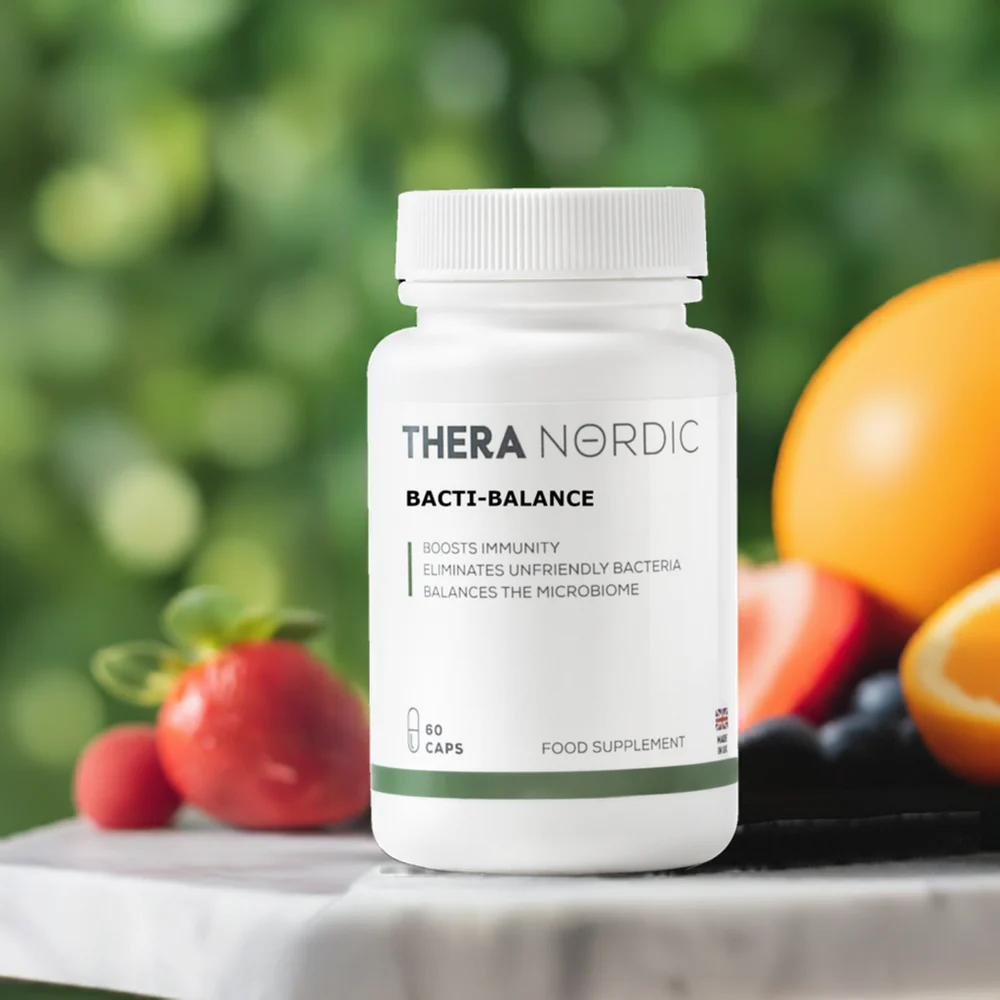Digestive enzymes play an essential role in breaking down the food we eat, converting macronutrients like proteins, fats, and carbohydrates into absorbable molecules. These enzymes come from multiple sources, including the body itself (e.g., pepsin, lipase) and supplements containing enzymes from fungi, plants, or animals.
What Are Digestive Enzymes?
Digestive enzymes facilitate the breakdown of proteins, fats, and carbohydrates. Common categories include:
- Proteases: Break down proteins into amino acids.
- Lipases: Aid in fat digestion by breaking down triglycerides into fatty acids and glycerol.
- Amylases: Assist in carbohydrate digestion by converting starches into simple sugars.
These enzymes work across various stages of digestion, starting from the mouth (with salivary amylase) to the stomach and intestines, where enzymes like pepsin and pancreatic lipase play key roles.
Why You May Need Supplemental Enzymes
For some individuals, digestive enzyme production can be compromised. Age, medical conditions, and medication use, such as Proton Pump Inhibitors (PPIs), can reduce natural enzyme function. Diabetics may have pancreatic insufficiency, meaning the output of digestive enzymes is limited, hampering the digestion. Even stress can cause disturbances in enzyme function [1].
Scientific studies on digestive enzymes
In a recent study [2], fungal enzymes (including protease, amylase, and lipase) significantly improved the digestion of proteins, fats, and carbohydrates under simulated digestive conditions. These enzymes not only enhance nutrient absorption but also relieve common symptoms of indigestion, such as bloating and gas. Another clinical study [3] showed significant improvement in the feeling of fullness and bloating after a fat-containing meal when using enzymes. Yet another study [4] showed a clear signal on better protein digestion and the amount of free fatty acids in the blood after ingesting protein with enzymes, compared to the placebo group.
The PPI Connection: How Enzymes Compensate
For people using PPIs, which are designed to reduce stomach acid, protein digestion can be a challenge due to the reduced efficiency of pepsin (the protein digesting enzyme). This directly translates into weaker absorption of protein and other nutrients, which is the reason why PPI’s can be harmful in the long run [5].
Supplemental enzymes can compensate for this, improving protein breakdown even in higher pH conditions, such as those induced by PPIs.
The study mentioned earlier [2] also highlighted improved fat digestion through fungal lipases, which effectively broke down triglycerides under both gastric and intestinal conditions. This helps prevent malabsorption of fats and the gastrointestinal discomfort that often accompanies PPI use.
Enzymes in Celiac’s Disease and gluten intolerance
One area where digestive enzymes can be particularly helpful is for those suffering with gluten intolerance. Although for most people it is not, for celiacs, the exposure to gluten is a serious risk. One clinical study [6] looked at Celiac’s who all stayed on a gluten free diet, with one group taking a gluten-digesting enzyme with meals. Both groups adhered to the diet, however the group taking the enzyme reported much less severe symptoms from their condition in just a 4-week period.
It is important to notice that the enzyme product has to have either Prolyl Endopeptidase or (preferably) Dipeptidyl Peptidase IV in them to be effective against gluten. General digestive enzymes show no activity against gluten [7].
Enzymes cannot replace a gluten-free diet for celiacs, but they do give a clear safety margin especially in situations when there may be involuntary exposure to gluten in food [8].
Conclusion
Supplementing with enzymes is a scientifically sound way to support healthy digestion, especially for individuals dealing with impaired enzyme production due to age, medical conditions, or PPI use. By enhancing the breakdown of macronutrients, these enzymes optimize nutrient uptake and alleviate digestive discomfort.
References:
- Babic, Tanja and Travagli, R. Alberto. (2016). Neural Control of the Pancreas.
DOI: 3998/panc.2016.27 https://pancreapedia.org/reviews/neural-control-of-pancreas
- Sean M. Garvey, Justin L. Guice, Morgan D. Hollins, Caroline H. Best, Kelly M. Tinker, Fungal digestive enzymes promote macronutrient hydrolysis in the INFOGEST static in vitro simulation of digestion, Food Chemistry, Volume 386, 2022, 132777, ISSN 0308 8146, https://doi.org/10.1016/j.foodchem.2022.132777
- Levine ME, Koch SY, Koch KL. Lipase Supplementation before a High-Fat Meal Reduces Perceptions of Fullness in Healthy Subjects. Gut Liver. 2015 Jul;9(4):464-9. doi: 10.5009/gnl14005. PMID: 25287168; PMCID: PMC4477989. https://www.ncbi.nlm.nih.gov/pmc/articles/PMC4477989/
- Acute Microbial Protease Supplementation Increases Net Postprandial Plasma Amino Acid Concentrations After Pea Protein Ingestion in Healthy Adults: A Randomized, Double-Blind, Placebo-Controlled Trial, The Journal of Nutrition, Volume 154, Issue 5, 2024, Pages 1549-1560, ISSN 0022-3166, https://doi.org/10.1016/j.tjnut.2024.03.009
- Morris, N., Nighot, M. Understanding the health risks and emerging concerns associated with the use of long-term proton pump inhibitors. Bull Natl Res Cent47, 134 (2023). https://doi.org/10.1186/s42269-023-01107-9
- Stefanolo JP, Segura V, Grizzuti M, Heredia A, Comino I, Costa AF, Puebla R, Temprano MP, Niveloni SI, de Diego G, Oregui ME, Smecuol EG, de Marzi MC, Verdú EF, Sousa C, Bai JC. Effect of Aspergillus nigerprolyl endopeptidase in patients with celiac disease on a long-term gluten-free diet. World J Gastroenterol. 2024 Mar 21;30(11):1545-1555. doi: 10.3748/wjg.v30.i11.1545. PMID: 38617446; PMCID: PMC11008412. https://www.ncbi.nlm.nih.gov/pmc/articles/PMC11008412
- Patel, Khushbu R., and Harsimranjit Chahal. "Commercial Gluten Digestive Enzymes Have Lower Proteolytic Activity than Pure Dipeptidyl Peptidase (DPP-IV) Enzyme." (2016).
- María de Lourdes Moreno, Verónica Segura, Ángela Ruiz-Carnicer, Ana María Nájar, Isabel Comino, Carolina Sousa, Chapter 10 - Oral enzyme strategy in celiac disease, Editor(s): Mauro Rossi, Biotechnological Strategies for the Treatment of Gluten Intolerance, Academic Press, 2021,Pages 201-220, ISBN 9780128215944, https://doi.org/10.1016/B978-0-12-821594-4.00005-0




